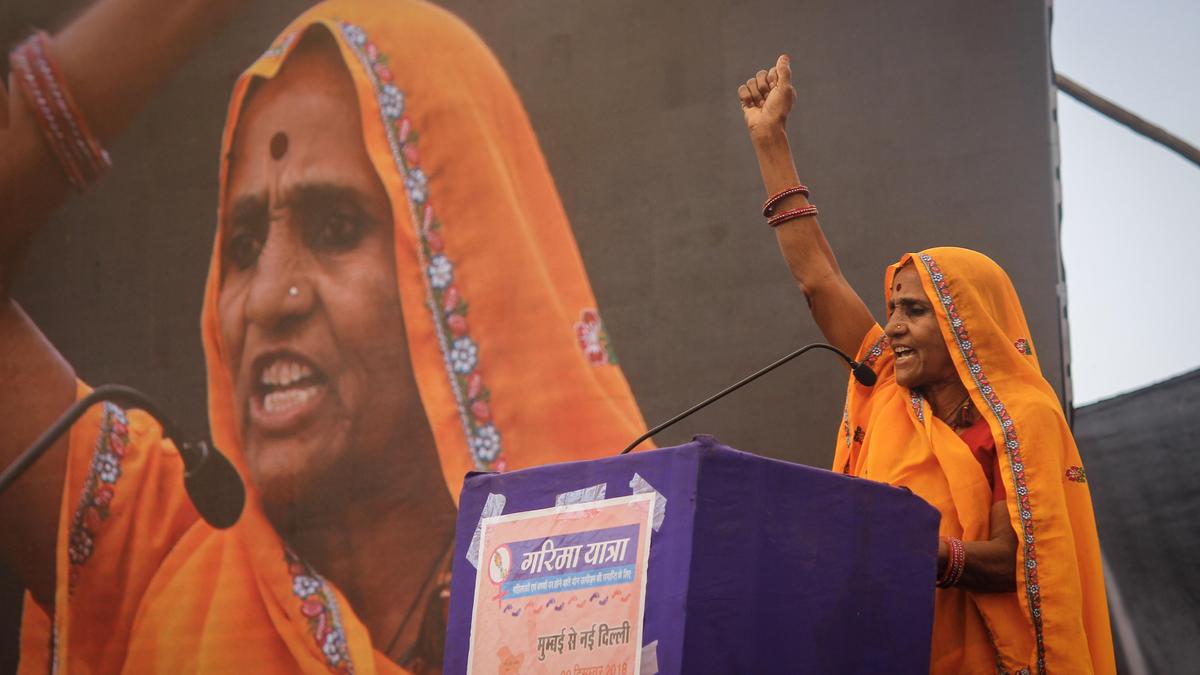Forty-six years after the Supreme Court acquitted two policemen in the custodial rape of a teenage tribal girl in Maharashtra, concluding she consented to the sexual intercourse as there were no visible marks of physical injury on her, Chief Justice of India B. R. Gavai India called the judgment “a moment of institutional embarrassment”. The judgment reflected a deeply regressive and patriarchal understanding of consent, effectively denying the social context of power, coercion, and vulnerability in which sexual violence often occurs.
The Chief Justice said the “troubling” judgment in Tukaram versus State of Maharashtra in 1979 became a turning point as the verdict brought the nation together in protest, for the legal system had failed to protect the dignity of the very person it was meant to safeguard. The acquittal ignited the women’s rights movement for stronger rape laws in India.
It also forced Parliament to address the lapses in criminal law; to strengthen legal protections against custodial rape; to make punishments under the Dowry Prohibition Act more stringent; and to introdu
Continue Reading on The Hindu
This preview shows approximately 15% of the article. Read the full story on the publisher's website to support quality journalism.
